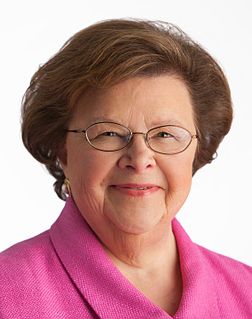A Quote by John McCain
There are neighborhoods in Baghdad where you and I could walk through those neighborhoods today.
Related Quotes
The schools that suffer are the schools in, in poor neighborhoods. They are the neighborhoods with the greatest need, with the parents struggling to work and to make ends meet. They don't have enough resources to give, they don't have enough resources to pay more, and these are the neighborhoods that go first.
The images that people see in the media of black people - whether journalistic or narrative - remain horrible. And those images, combined with the lack of respect among black people in the poorer neighborhoods for themselves, and the part the police and other people coming into those neighborhoods play, it creates no value for life.


































